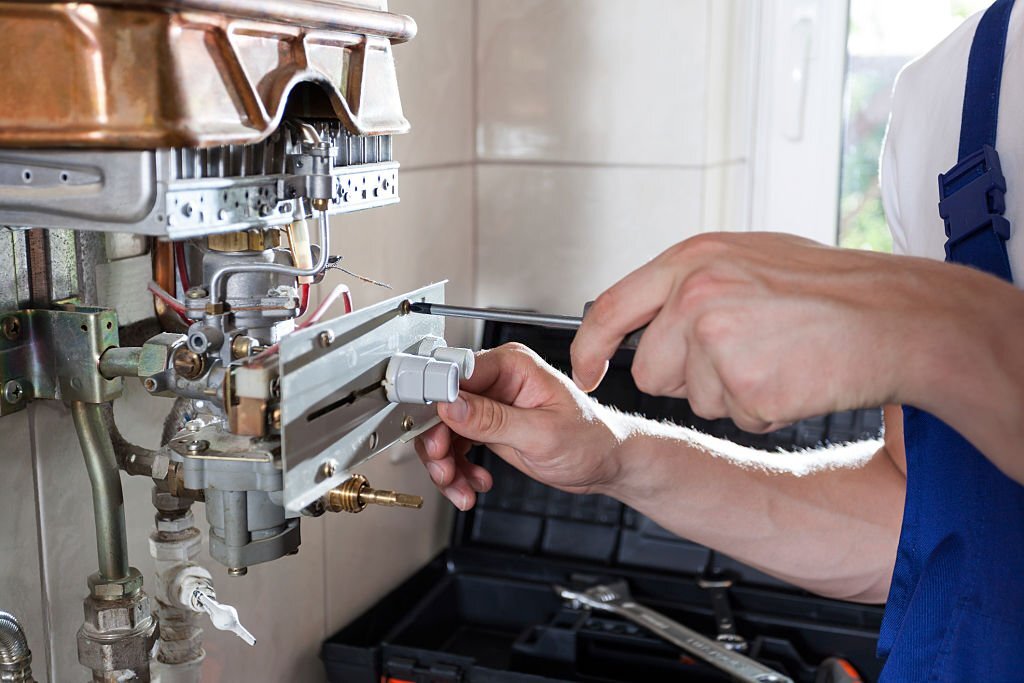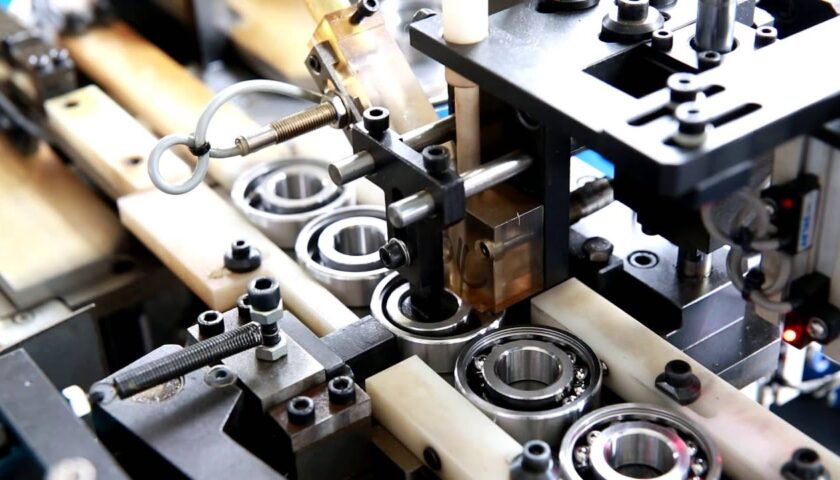Water heater is one of those household appliances that we almost never spare a thought for; which is to say, we take it for granted, more often than not. In fact, this holds good for most of the home appliances repair & services~ we often keep procrastinating. But imagine a day when you turn it on, but don’t get any hot water in your shower or sink. Sounds scary, isn’t it? However, you can avoid such situations if you’re aware of certain telltale signs that indicate your water heater is not working properly.
These signs are as follows:
Poor water quality:
Your water heater’s performance is reflected in the hot water that comes out of your faucet. If you’re getting muddy water, it might be an indication that minerals, sediment, and other debris has accumulated in the bottom of the water heater’s tank. The water may also have an unpleasant odor or a metallic taste. You should get in touch with water testing services to ensure that the water is safe for use. They will do the needful for water heater cleaning.
Leakage:
One of the most common water heater problems, this is often an indication of an internal failure in the unit. In such cases, you may notice a puddle of standing water around the heater. This issue needs immediate attention and you may need to replace the tank at the earliest, otherwise it can lead to flooding and extensive water damage to your home. Always keep in mind that be it washing machine repair or refrigerator service, it’s always advisable to contact trained technicians.
Inconsistent temperature:
If you face trouble controlling the temperature of the hot water, or the temperature goes from hot to cold suddenly, without even touching the faucet handle, it’s quite likely that your water heater is malfunctioning. Such an inconsistent temperature of water can be set right by adjusting the settings of your water heater. But if this measure fails to rectify the issue, it’s time to either replace it or reach out to household appliance repair services.
Long wait time:
Is the water taking forever to heat up? This potentially signals something is wrong with the thermostat of the heater. It can also be an indication of sediment accumulation in the tank. You may need to replace the unit if the problem persists, even after replacing the thermostat or heating element. Professional household services will recommend the best solution for this.
Unusual sounds:
Water heaters typically make some noise especially when the burner unit is activated to heat the water. However, you should watch out for unusual noises such as rattling, banging, creaking, etc. that might suggest trouble. Sometimes, the buildup of sediment in the tank leads to these noises, but if the sound persists even after flushing the tank, you might need to replace the heating element.
Age:
‘Age is just a number’- well, not for your water heater at least. Any mechanical/electrical device, including the premium-quality ones, tend to give way after a few years of use. If your water heater is old enough but still not exhibiting any signs of trouble, you’re lucky. But most water heaters have an average lifespan of 10-15 years. If your water heater is older than this, you’ll most likely need replacement, as it’ll start acting up one way or another. By upgrading to a new unit, you can enhance the system efficiency and also keep energy bills in check.
If you want to get your water heater checked to be sure of whether it is in its peak working condition, you should reach out to professional technicians offering home appliance service. Trained and experienced teams can diagnose what’s wrong with your heater in no time and accordingly suggest whether it needs repairs or you need to install a new water heater.
However, if your water heater is relatively young, you should check the following things before calling for help:
- For an electric water heater, you should first check the breaker panel to make sure the breaker hasn’t tripped or the thermostat has not turned down accidentally.
- If yours is a natural gas water heater, you should make sure the thermostat is set correctly. If it doesn’t function optimally, seek professional assistance who can chexk to make sure the pilot light is working properly. They might also clear the sediment by flushing the tank as another step of troubleshooting. Cleaning the burner or replacing the thermocouple are some of the common fixes for natural gas water heaters. These should be performed by trained professionals, but these services come at a moderate price.
In our daily lives, we tend to take many of our household appliances for granted, and the water heater is often one of those unsung heroes. It quietly goes about its business, providing us with hot water whenever we need it, without much thought from us.
If your water heater works tirelessly throughout the day, heating and storing water, ready to deliver that comforting warmth for your showers, laundry, and dishes. It’s a crucial component of your home’s comfort and functionality, and like any other machine, it requires some care and attention to keep it performing optimally.
One simple yet often overlooked practice is scheduling a yearly maintenance check for your water heater. It may not seem like a pressing matter when everything appears to be functioning smoothly, but this preventive measure can save you a lot of hassle and expenses down the road.
So, what does this maintenance entail? It involves reaching out to a professional team specializing in water heater servicing and having them inspect your appliance. Their trained eyes can spot early signs of wear and tear, corrosion, or potential issues that might be brewing beneath the surface.
By addressing these concerns early on, you’re essentially giving your water heater a health check, ensuring it continues to operate efficiently and reliably. This small investment in maintenance can prevent bigger problems from cropping up unexpectedly, such as sudden breakdowns that leave you without hot water when you need it most or leaks that could potentially damage your home.





